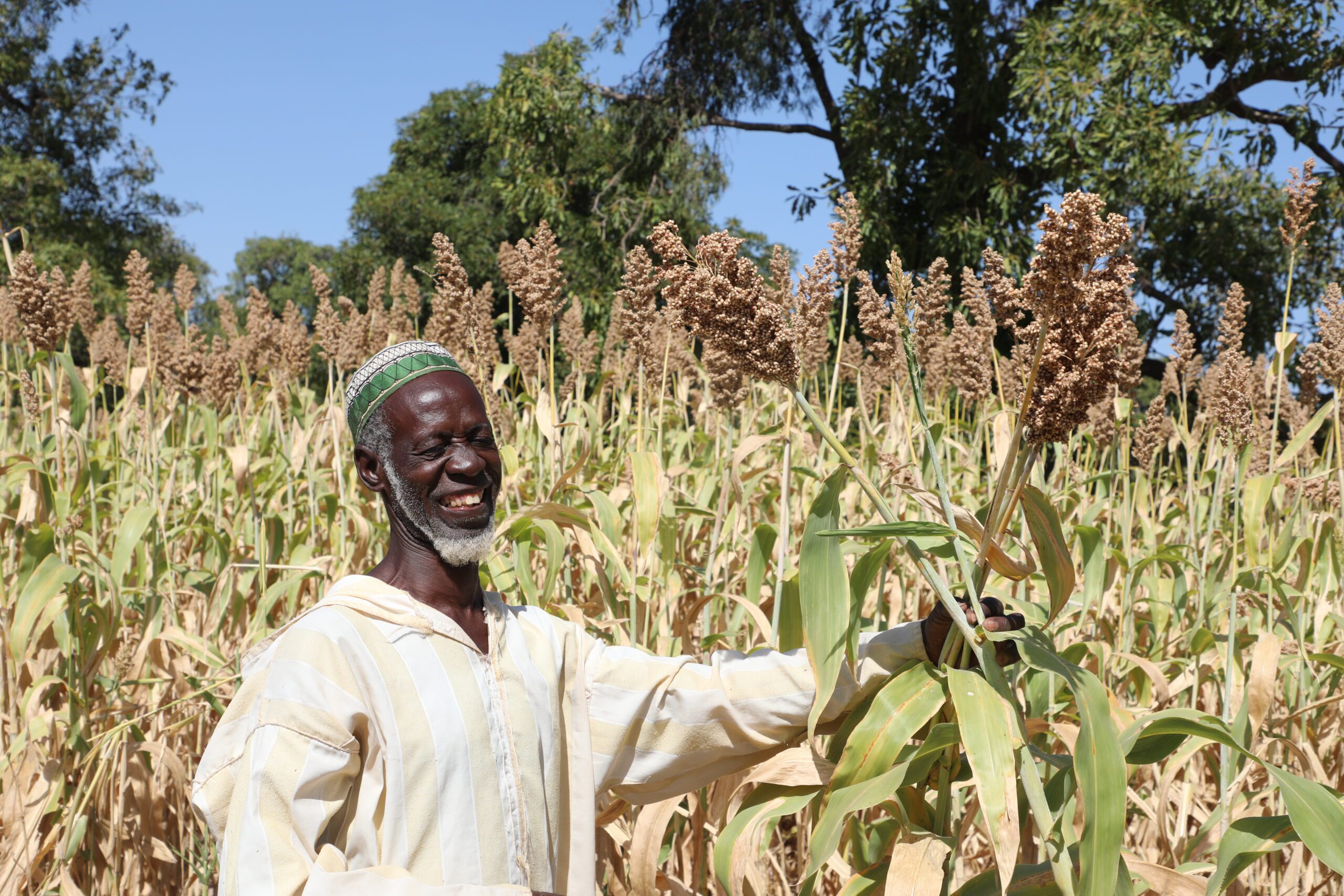During President Biden’s closing remarks at the U.S.-Africa summit held in December, he stated that “Africa has the potential to feed its people and help feed the world.” Although framed with a positive spin, the inference of Biden’s statement refers to the tragic fact that Africa’s agricultural sector is woefully underdeveloped.
Africa is home to roughly 60 percent of the world’s remaining uncultivated arable land. Yet, the continent is a net importer of food, meaning many states across the region have been unable to positively exploit their surrounding environment to lift millions out of poverty. In addition, agriculture-based manufacturing experienced minimal growth over the past two decades with agriculture value-added increasing from 15.5 percent of GDP in 2000 to 18.4 percent in 2020. While any growth is beneficial, this is an increase of 18.7 percent in two decades – far too slow to meaningfully impact the African people.
Although African agriculture is underdeveloped, this sector makes up about 17 percent of Africa’s GDP and provides employment for over half of the continent’s labor force. Fortunately, a new free trade area might just rectify some of the structural issues undermining African agriculture.
A significant amount of evidence shows that countries with higher levels of economic freedom enjoy higher living standards because the private sectors within those societies operate in sound regulatory environments where they can make products and services that enhance people’s lives.
The African Continental Free Trade Area (AfCFTA) is projected to usher in widespread benefits for Africa’s 1.3 billion inhabitants by reducing tariffs by more than 90% over the next 12 years. If properly implemented, this continent-wide trade deal will make it significantly easier for goods to flow across Africa, improving countless lives as a result. In addition, the continent’s agricultural sector stands to gain significantly from the AfCFTA’s full implementation.
A significant reason for the agricultural sector’s slow growth is because of various tariff and non-tariff barriers (NTBs) that have been common across Africa since the colonial era. Under the free trade area, these will be reduced and African producers will find themselves able to more easily sell goods to markets all over the continent. It has been estimated that intra-African trade in agricultural goods will increase by between 20 and 30 percent following the removal of just tariffs on goods under the free trade area – a substantial boost to Africa’s agricultural producers.
By strengthening Africa’s agricultural sector, the AfCFTA will also improve Africa’s long-term food security by making the continent less reliant on commodity imports. Africa has long-been a leading importer of bulk agricultural commodities like wheat, corn, and rice. While trading with the rest of the world is not a bad thing at all, the AfCFTA will allow African states to diversify where they are importing food from by raising intra-African trade substantially. This will lead to an overall strengthening of the continent’s food security because Africa will no longer be overly reliant on any one country for food imports.
Unfortunately, as it currently stands, price fluctuations in commodity markets can severely inhibit Africa’s food security, which recently happened because of the ongoing Russia-Ukraine war. Russia and Ukraine are some of the leading global producers of wheat, so when the violence drastically reduced the global supply of this commodity, millions of Africans faced (and continue to face) food insecurity. Thankfully, over time, Africa’s agricultural sector will improve in efficiency and Sub-Saharan African states will increase their number of trading partners.
Nevertheless, while Africa’s agricultural sector will benefit under the AfCFTA, it is not as if the reduction of trade barriers is the only development that needs to occur to help those working in the sector. If Africa is really going to enjoy sustained economic growth, trade liberalisation must be coupled with a widespread acceptance of economic freedom among African policymakers. A significant amount of evidence shows that countries with higher levels of economic freedom enjoy higher living standards because the private sectors within those societies operate in sound regulatory environments where they can make products and services that enhance people’s lives.
Trade liberalisation is an important part of economic freedom, so Africa’s greater acceptance of free trade is a fantastic development. However, other areas need to be reformed as well. African governments need to make it easier for entrepreneurs to obtain patents so that agricultural producers can reap the benefits of innovative ideas. Private property rights need to be protected to attract investment and allow African producers to acquire the physical capital necessary to increase their productive capabilities. Finally, corruption at borders and amongst government officials needs to be reduced so that producers can move their goods without enduring increased transaction costs.
It’s difficult to tell whether or not these other reforms will be implemented in the near future. Economic freedom had been increasing across Africa for decades, but last year’s Economic Freedom in the World Report (produced by the Fraser Institute in Canada) showed that Africa’s economic freedom score fell. Hopefully, African governments can see the widespread benefits of greater liberalisation and insist upon making the decisions necessary to let their people thrive. The acceptance of greater free trade is a great start, but let’s hope other reforms come soon.
Alexander Jelloian is the Research and Project Manager at the Initiative for African Trade and Prosperity.
First appeared in Rational Standard.
Photo by Magassa Muss via Iwaria.

